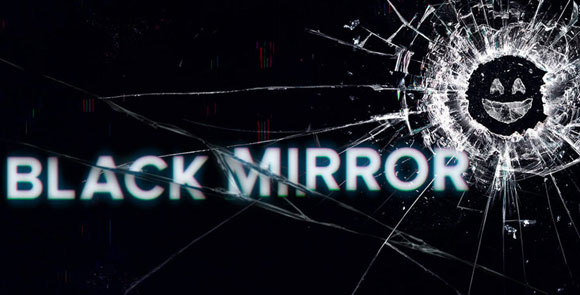Michael Hogan, in a piece in The Guardian, argues that Adolescence is not just a gripping drama but an essential wake-up call for parents and teens, tackling the dark realities of modern youth culture.
The show’s harrowing storyline, centred on a boy radicalised by online misogyny and violence, reflects a troubling real-world trend. As Hogan writes, the series explores “male rage, toxic masculinity, online misogyny” – not as “all-too-plausible fiction” but “unavoidable fact.”
With its raw depiction of knife crime, social media toxicity, and the pressures on young men, the series lays bare how “an outwardly normal but inwardly self-loathing and susceptible youngster can be radicalised without anyone noticing.”

The following contains spoilers.
Hogan praises the show’s meticulous authenticity, from its naturalistic performances to its unflinching portrayal of a secondary school’s “stink, noise and claustrophobic chaos.” By using a single-shot filming technique, director Philip Barantini “ratchets up the thrumming real-time tension” and forces viewers to confront these uncomfortable truths in real time.
At the heart of Adolescence is a devastating study of family breakdown and the pain of discovering that the child you raised may not be the person you thought. Stephen Graham, delivering yet another “masterclass from the best actor working today,” plays Eddie, a self-employed plumber whose world collapses when his son, Jamie, is arrested in a dawn raid for the brutal killing of a female classmate.
Initially, Eddie wants to believe Jamie’s claims of innocence – “as any parent would” – but his faith is shattered when he is “poleaxed by chilling footage of the frenzied multiple stabbing.” This moment is the emotional crux of the series, as it forces both Eddie and the audience to reckon with the horrifying reality that a child, still young enough to have “space-themed wallpaper” in his bedroom, is capable of committing such an atrocity. The drama does not shy away from these difficult truths, instead delving into the systemic failures that allow vulnerable boys to be influenced by online extremism.
Hogan also emphasises the brilliance of the ensemble cast, highlighting “flat-out phenomenal” newcomer Owen Cooper as Jamie, who transforms from “sympathetic to scary, lost little boy to angry young man” within the same breath.
Ashley Walters delivers “a career-best turn” as DI Luke Bascombe, a role that resonated personally for the actor, who once faced his own struggles with the law as a teenager. Meanwhile, Erin Doherty and Christine Tremarco bring emotional weight to their roles as a psychologist and Jamie’s devastated mother, respectively, while Fatima Bojang and Amélie Pease shine as the teenage girls left reeling in the wake of Jamie’s crime. The entire cast, Hogan argues, contributes to the series’ “gut-punch power.”
Adolescence is an urgent call to action

Beyond its artistic brilliance, Adolescence is, according to Hogan, an urgent call to action. He highlights how the show exposes the generational gap in understanding digital dangers, where “there is often a glaring gap between parents’ blissfully ignorant image of their children’s lives and the truth of what they get up to online.”
Parents think their kids are “doing homework or innocently texting mates” when, in reality, “they are watching pornography or, as DS Frank pithily puts it, ‘that Andrew Tate shite.’” The drama underscores the necessity of open conversations, stronger parental engagement, and a re-evaluation of how society addresses male rage and misogyny.
The fourth and final episode delivers “the closest thing to TV perfection in decades,” with a hauntingly raw performance from Graham that “reduces viewers to rubble.”
His portrayal of Eddie shifts from “a combustible ball of anger into a hollowed-out husk of grief, guilt and regret.” The series’ final moments, as Eddie tearfully tucks Jamie’s childhood teddy bear into bed and whispers, “Sorry, son, I should’ve done better,” leave a lasting emotional scar.
As Hogan concludes, Adolescence is “a howl of despair and a call to action.” It “will resonate with troubled teens, terrify their parents and linger with viewers.” The series is more than just powerful television – it is a much-needed intervention in an urgent social crisis, demanding real-world change before more young lives are lost.
Discover More
Why Is Stephen Graham’s “Adolescence” Being Called “TV Perfection”?

A gripping four-part drama, Adolescence unflinchingly explores teenage violence, toxic masculinity, and online radicalization with stunning realism.



















Comments